Australia considers joining US diplomatic boycott of Beijing Winter Olympics
The Morrison government is actively considering following the United States in staging a diplomatic boycott of the Games.
Australia is actively considering staging a diplomatic boycott of the Beijing Winter Olympics after the United States announced it would not send officials to the sporting event in February.
The White House confirmed on Tuesday morning that the US will stage a diplomatic boycott of the upcoming Winter Olympics to protest against China’s human rights abuses.
Employment Minister Stuart Robert said a similar move was under “active consideration” by the Morrison government.
The Australian previously revealed that Labor has offered to work with Scott Morrison to come to an agreed national position on a potential diplomatic boycott, amid growing internal pressure on the government to block officials from attending.
A diplomatic boycott means Australia would not send any government representatives or embassy officials to the Games but athletes and their support staff would still travel to Beijing.
Nationals Senator Matt Canvan went further, arguing Australia should not send athletes to the Beijing Winter Olympics if the situation surrounding Chinese tennis star Peng Shuai is not resolved.
Concerns for Ms Peng, who disappeared from public view after alleging that she was sexually assaulted by a former senior Communist Party official, this month revitalised calls for a diplomatic boycott, despite Beijing urging against a politicisation of the Olympics.
Senator Canavan said Australia should go “one step further” than a diplomatic boycott.
“If the situation around Peng Shuai, the tennis player in China who seemingly has been silenced for raising allegations of sexual abuse, if that’s not resolved, you’ve got to raise the question of whether we should be playing any sport against China,” he told Sky News.
“It should be like the South African situation. China is not that far away in terms of their human rights abuses.”
Last week the Women’s Tennis Association announced a ban on tournaments in China over concerns for the welfare of Ms Peng. Senator Canavan commended the WTA’s move and said Australia should follow suit.
Moderate Liberal MP Dave Sharma cautioned against a diplomatic boycott, saying the sporting event can function as a “big exercise in transparency.”
Mr Sharma - a former ambassador to Israel - said he would welcome more “official level contact” with China but said Australia should consider its position in light of the announcement by the US.
He told Sky News the Olympics had been a “great driver of liberalisation” in the past.
“When Barcleona hosted the Olympics in 1992 Spain had only just returned as a democracy from a military dictatorship. When Seoul hosted the Olympics in 1988 it helped herald the end of the military dictatorship,” he said. “I’m not saying Beijing is going to do the same but generally speaking it can be a force for good and I like to encourage participation.”
Beijing threatens retaliation
China has promised to retaliate against the US after the Biden administration said it would impose a full diplomatic boycott on the Beijing Winter Olympics, a move sure to encourage other nations to follow suit and fray relations further between the two superpowers.
“The Biden administration will not send any diplomatic or official representation to the Beijing 2022 Olympic and Paralympic Games given the PRC’s ongoing genocide and crimes against humanity in Xinjiang and other human rights abuses,” said White House press secretary Jen Psaki.
“The athletes on team USA have our full support. We will be behind them 100 per cent as we cheer them on from home. We will not be contributing to the fanfare of the games,” she added.
President Biden and senior officials had repeatedly said the US was “considering” a diplomatic boycott of the Olympics as a way of punishing China for human rights abuses, increasingly belligerent behaviour against the US and its allies, and provocative military manoeuvres around Taiwan.
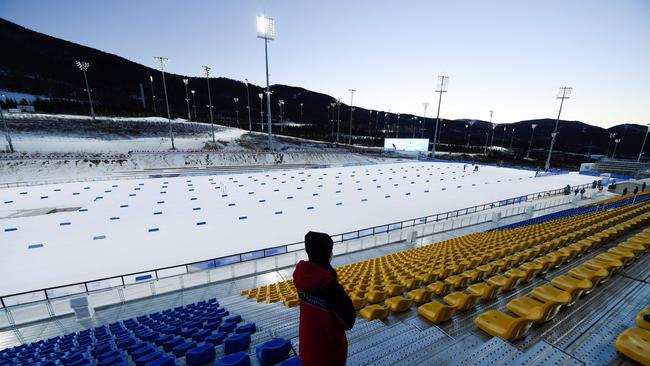
Chinese foreign affairs spokesman Lijian Zhao said China would respond, declaring the decision “a blatant political provocation and a serious affront to the 1.4 billion Chinese people”.
“The US should follow the Olympic spirit of ‘together’ and stop politicising sports and the diplomatic boycott of Beijing 2022 lest it would affect China-US dialogue and co-operation on key areas. China will take resolute countermeasures if the US is bent on the wrong decision,” he said on Twitter, as officials leaked the decision.
“No one actually cares whether or not the politicians clamouring for ‘boycott’ would come to the Beijing Winter Olympics,” he added.
Michael McCaul, the most senior Republican on the House of Representatives Foreign Affairs Committee, welcomed the announcement, in a sign the boycott will have bipartisan support.
“I’m glad the Biden Admin has finally decided they will not send officials to the Beijing games. These Olympics are a key opportunity for the CCP to normalize their human rights atrocities. And the free world must unite to reject them,” said in a statement.
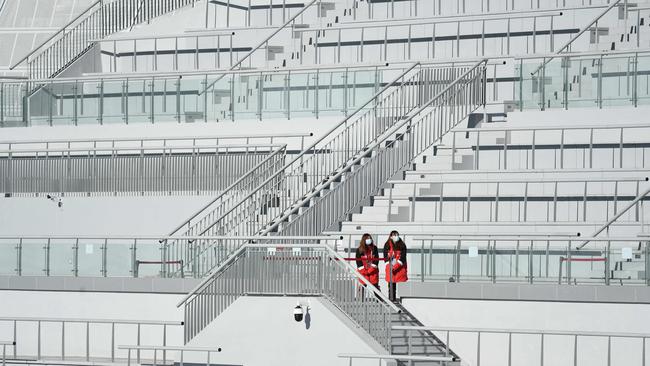
Former secretary of State for Donald Trump, and rumoured future presidential aspirant Mike Pompeo said the ban didn’t go far enough.
“The CCP doesn’t give a rip about a diplomatic boycott, because at the end of the day, they are still hosting the world’s athletes,” he said in a statement.
Australia has made no announcement yet, but could follow the US in a sig of solidarity.
Former prime minister Malcolm Turnbull, speaking at a defence conference in Halifax, Canada late last month, said a boycott would be a “very delicate issue” that needed to be “considered very carefully”.
“A boycott of an Olympics games could be very counter-productive unless it is very widespread … it would really need I think to be effective you’d need to have basically all like-minded countries taking the same decision,” he added.

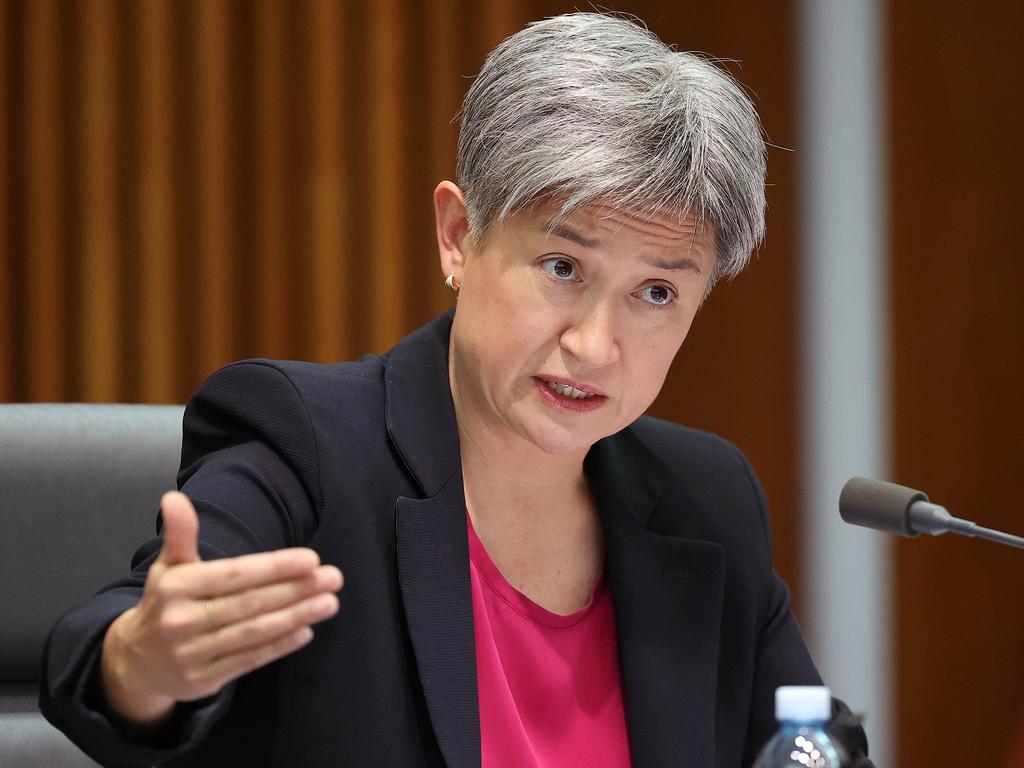
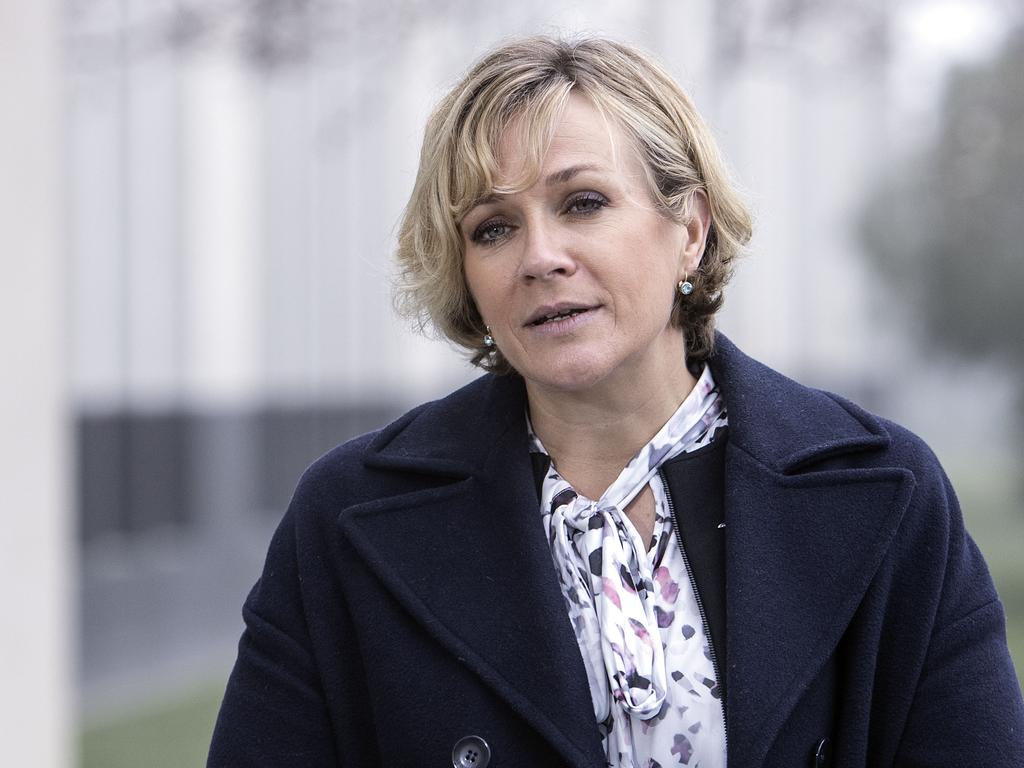

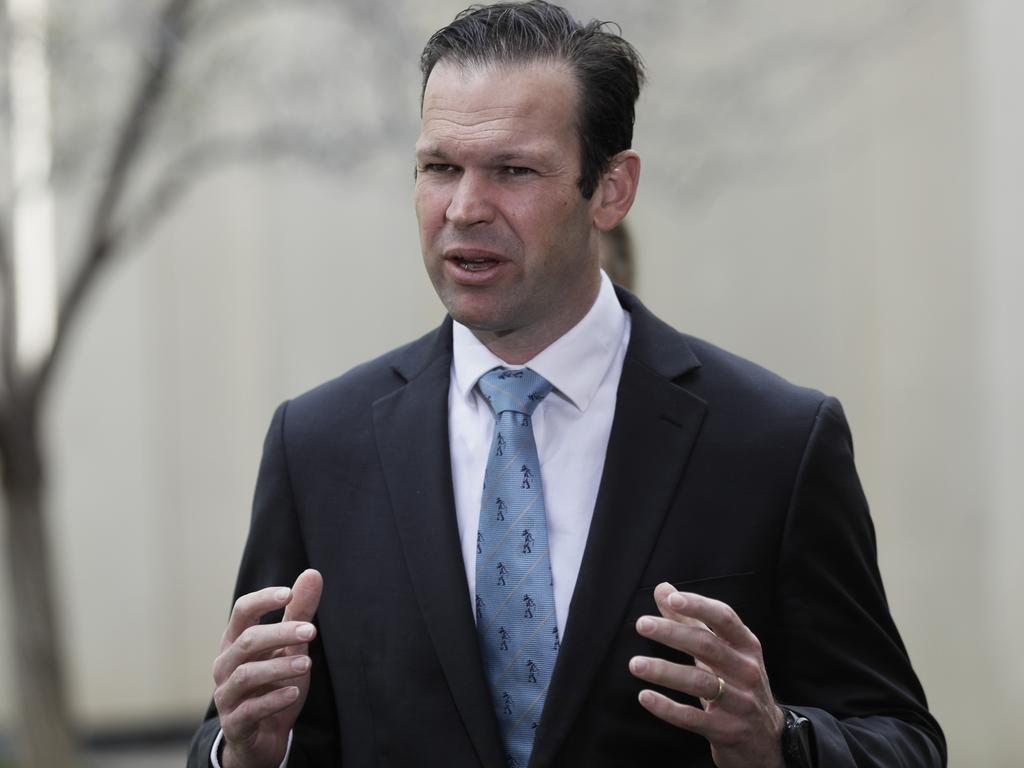


To join the conversation, please log in. Don't have an account? Register
Join the conversation, you are commenting as Logout